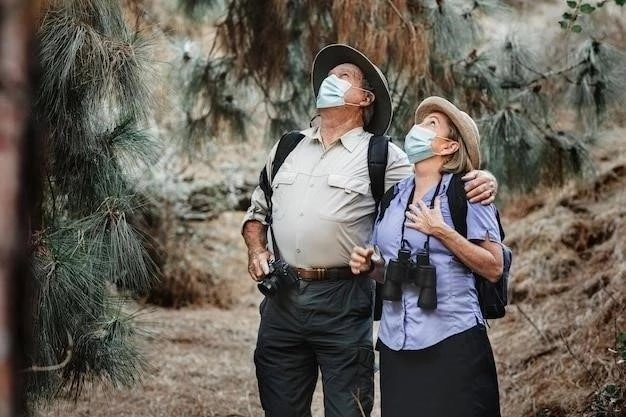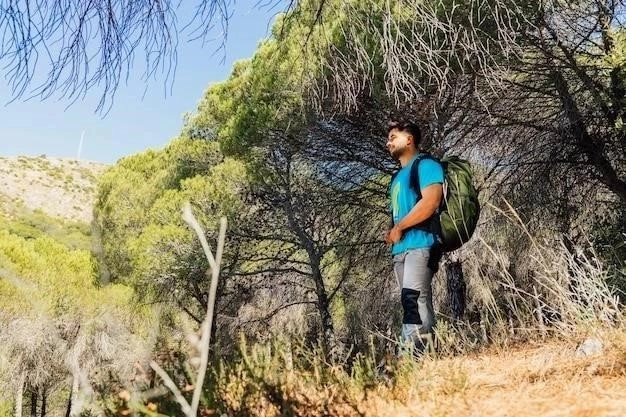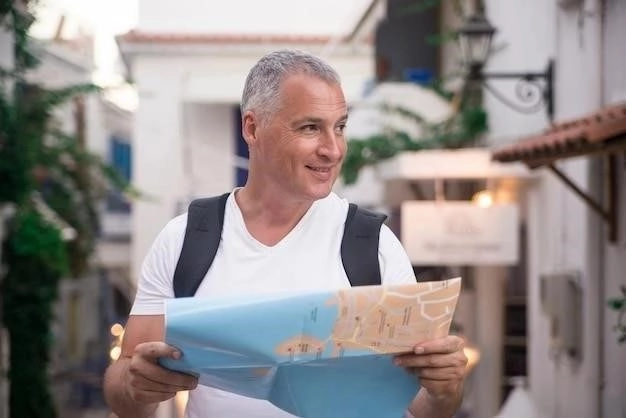Years of conflict have kept travellers away, but this vast country will surprise you. Sudan is a land of sweeping sand dunes and vast desert; bustling souks and camel markets; where the two Niles meet and become one in the nations capital.
Introduction to Sudan

Sudan, officially known as the Republic of the Sudan, is a country located in Northeast Africa. Rich with ancient history and diverse landscapes, Sudan offers a unique travel experience for the adventurous soul. Often referred to as the “Land of the Two Niles”, the Blue and White Niles converge in Khartoum, the nation’s capital, creating a striking geographical landmark.
Sudan is a land of contrasts. Vast stretches of the Sahara Desert dominate much of the country, punctuated by dramatic mountain ranges like the Jebel Marra. The Nile River, however, brings lifeblood to the region, supporting fertile valleys and ancient settlements. This geographical diversity is mirrored in Sudan’s cultural tapestry. Arabic and Islamic influences blend with indigenous traditions, creating a fascinating fusion of art, music, and cuisine.
While Sudan has faced political instability and conflict in recent decades, it is a country striving for peace and eager to share its heritage with the world. Travelers to Sudan will encounter ancient pyramids older than those found in Egypt, experience the vibrant energy of bustling souks, and witness the warmth and hospitality of the Sudanese people.

Entry Requirements for Sudan
Entering Sudan requires careful preparation regarding visa regulations and travel documentation. As of 2024, most foreign nationals need a visa to enter Sudan, and it’s essential to apply well in advance through your local Sudanese embassy or consulate. Visa processing times can vary, and requirements may change, so checking for the most up-to-date information is crucial.
Typically, a tourist visa for Sudan allows for a stay of up to 30 days, but extensions might be possible depending on your circumstances and the local authorities’ discretion. It’s important to note that specific regions within Sudan might have additional permit requirements, especially areas considered more remote or politically sensitive. Your travel agent or the Sudanese embassy can provide guidance on these specific requirements.
Beyond visas, ensuring your passport has at least six months of validity remaining from your intended departure date from Sudan is essential. Additionally, having proof of a return ticket and sufficient funds to cover your stay is often required and might be checked upon arrival. Travel insurance is also highly recommended and sometimes mandatory.
How to Travel to Sudan
Reaching Sudan typically involves air travel, as it is the most practical way to access the country. Khartoum International Airport (KRT) serves as the main gateway for international flights, connecting Sudan with major hubs in the Middle East, Africa, and some European cities. Airlines servicing Khartoum include Emirates, Ethiopian Airlines, Turkish Airlines, and FlyDubai, among others.
While direct flights to Sudan from North America or most of Europe are uncommon, travelers often find convenient connecting flights through Cairo, Addis Ababa, Dubai, or Istanbul. It is advisable to book flights well in advance, especially during peak travel seasons, to secure better deals and availability.
Overland travel to Sudan is possible but presents logistical challenges and is generally not recommended due to safety concerns and border complexities. Border crossings can be unpredictable, and it’s crucial to have all necessary visas and permits well in advance if choosing this route. Always consult up-to-date travel advisories and consider the political situation in bordering countries before attempting overland travel to Sudan.

How to Travel Around Sudan
Navigating Sudan’s diverse landscapes requires careful planning and consideration of the available transportation options. While public transportation exists, it can be limited in terms of comfort, reliability, and reach, particularly for remote areas.
Within cities like Khartoum, shared taxis, locally known as “Amjad,” are a common and affordable way to get around. It’s customary to negotiate fares beforehand. Buses connect major towns and cities, offering a budget-friendly, albeit often crowded and less comfortable, travel option.
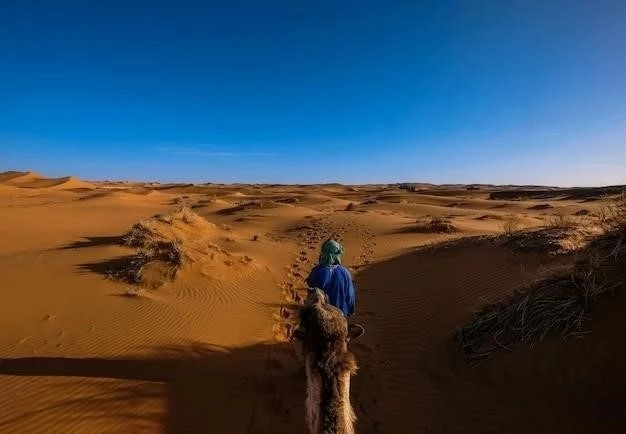
For greater flexibility and the ability to explore more remote regions, hiring a private car with a driver is highly recommended. This option provides comfort, security, and the ability to customize your itinerary. Several local tour operators specialize in arranging such services and can advise on routes, permits, and logistical considerations.
Air travel within Sudan is limited but can be a viable option for traversing long distances, particularly to areas with challenging road conditions. However, flight schedules may be infrequent and subject to change, requiring flexibility in your itinerary.
Safety and Security in Sudan
While Sudan holds immense potential for tourism, it’s crucial to approach travel there with a heightened awareness of safety and security considerations. The country has experienced periods of political instability and conflict, and while the situation has improved in recent years, challenges remain.
Before traveling to Sudan, thoroughly research the current political climate and consult up-to-date travel advisories issued by your home country’s government. These advisories often provide region-specific information on safety and security risks, helping you make informed decisions about your itinerary.
Once in Sudan, maintain a low profile, avoid large gatherings or demonstrations, and be respectful of local customs and traditions. It’s advisable to dress modestly, especially for women, and to seek permission before photographing people or sensitive locations.
Registering your travel plans with your embassy or consulate upon arrival is highly recommended. This allows them to contact you in case of emergencies or provide assistance if needed. Engaging reputable tour operators with experience in Sudan can also enhance safety and provide valuable local insights and support.
Destinations in Sudan
Sudan, a land of ancient civilizations and stark natural beauty, offers a wealth of destinations for the intrepid traveler. From the bustling capital of Khartoum to the remote pyramids of Meroë, each region holds unique experiences.
Khartoum, where the Blue and White Niles converge, is a vibrant city steeped in history and culture. Explore the National Museum with its impressive collection of Nubian artifacts, or wander through the bustling souk of Omdurman, a sensory feast of colors, scents, and sounds.
North of Khartoum, the ancient city of Meroë beckons with its impressive pyramids, a testament to the Kushite civilization that once ruled this land. Further north, along the banks of the Nile, lies the royal city of Napata, home to Jebel Barkal, a sacred mountain crowned with a temple dedicated to Amun, the ancient Egyptian god.
For those seeking natural wonders, the Red Sea coast of Sudan offers pristine beaches, vibrant coral reefs, and excellent diving opportunities. The Red Sea Hills, bordering Egypt, hold hidden oases and ancient rock art, while the Dinder National Park in the southeast provides a glimpse into Sudan’s diverse wildlife.
Things to See and Do in Sudan
Sudan offers a wealth of experiences for the culturally curious and adventurous traveler. Delve into the country’s ancient past by exploring the awe-inspiring pyramids of Meroë, a UNESCO World Heritage site boasting over 200 pyramids, some even older than those found in Egypt. These pyramids, with their distinctive Nubian architectural style, offer a glimpse into the powerful Kushite civilization that once flourished in Sudan.
Immerse yourself in the vibrant culture of Sudan by visiting a traditional Nuba wrestling match, a centuries-old tradition that showcases strength, skill, and community spirit. Or, lose yourself in the bustling alleyways of a local souk, such as the Omdurman Souk in Khartoum, where you can barter for spices, handicrafts, and traditional Sudanese wares.
For those seeking natural wonders, a visit to the confluence of the Blue and White Niles in Khartoum is a must. Witness the merging of these mighty rivers, a spectacle that has captivated travelers for centuries. Nature enthusiasts can also explore the Dinder National Park, home to diverse wildlife, including lions, giraffes, and over 400 bird species.
Food and Drinks in Sudan
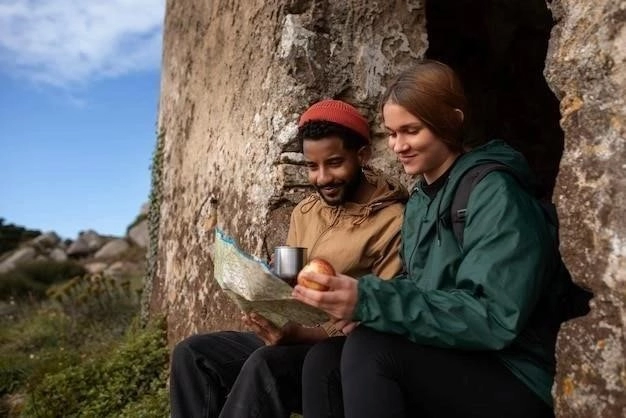
Sudanese cuisine, a delightful fusion of African, Arab, and Mediterranean influences, offers a rich tapestry of flavors for adventurous palates. Staple ingredients like sorghum, millet, and peanuts form the base of many dishes, often accompanied by fragrant spices like cumin, coriander, and turmeric.
A quintessential Sudanese dining experience involves sharing a communal plate of “ful medames,” a hearty fava bean stew seasoned with herbs and spices, typically eaten for breakfast or lunch. Another staple dish is “aseeda,” a porridge-like consistency made from sorghum or millet flour, served with a variety of stews and sauces.
Meat lovers can indulge in “shawarma,” thinly sliced grilled meat served in a pita bread wrap with tahini sauce, or “kofta,” grilled minced meat skewers seasoned with aromatic spices. For a refreshing beverage, try “karkade,” a hibiscus tea known for its vibrant color and tart flavor, often sweetened with sugar.
As in many Muslim-majority countries, alcohol consumption is generally restricted in Sudan. However, non-alcoholic beverages like fruit juices, tea, and coffee are widely available and often enjoyed throughout the day.
Accommodation in Sudan

While Sudan’s tourism infrastructure is still developing, the country offers a range of accommodation options to suit different budgets and preferences. It’s important to note that accommodation standards can vary significantly, and it’s advisable to book in advance, especially during peak travel seasons.
In Khartoum, the capital city, you’ll find a wider selection of hotels, ranging from international chains like the Corinthia Hotel Khartoum and the Hilton Khartoum to locally owned guesthouses and smaller boutique hotels. These establishments often provide amenities like air conditioning, Wi-Fi, and on-site restaurants, offering a comfortable base for exploring the city.
Outside Khartoum, accommodation options may be more limited, often consisting of basic guesthouses or rest houses. While these may lack certain amenities, they offer an authentic experience and the opportunity to interact with local communities.
For those seeking unique and immersive experiences, consider staying in a traditional Nubian guesthouse in villages along the Nile River. These guesthouses, often family-run, offer a glimpse into the local way of life and the chance to savor home-cooked Sudanese meals.




